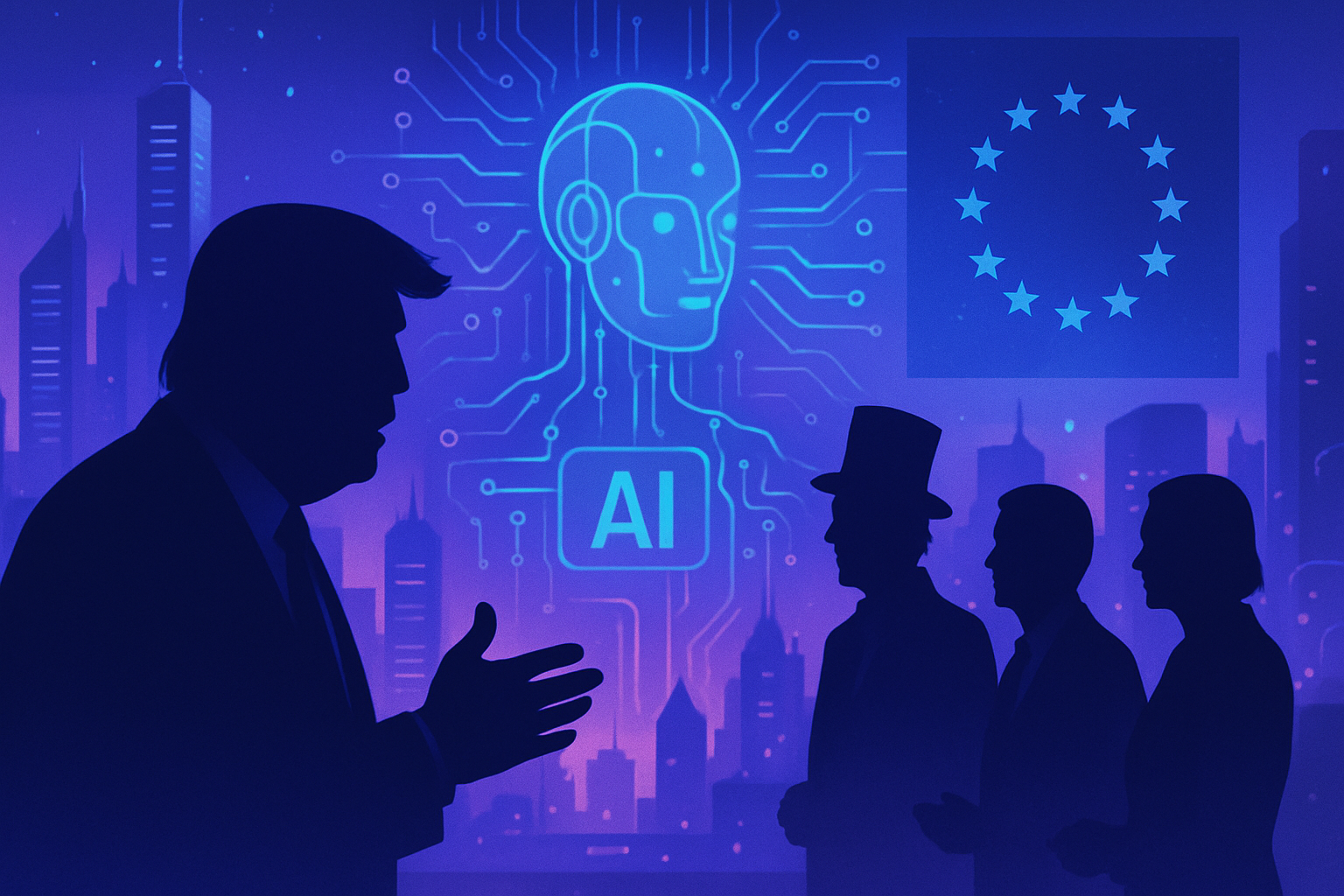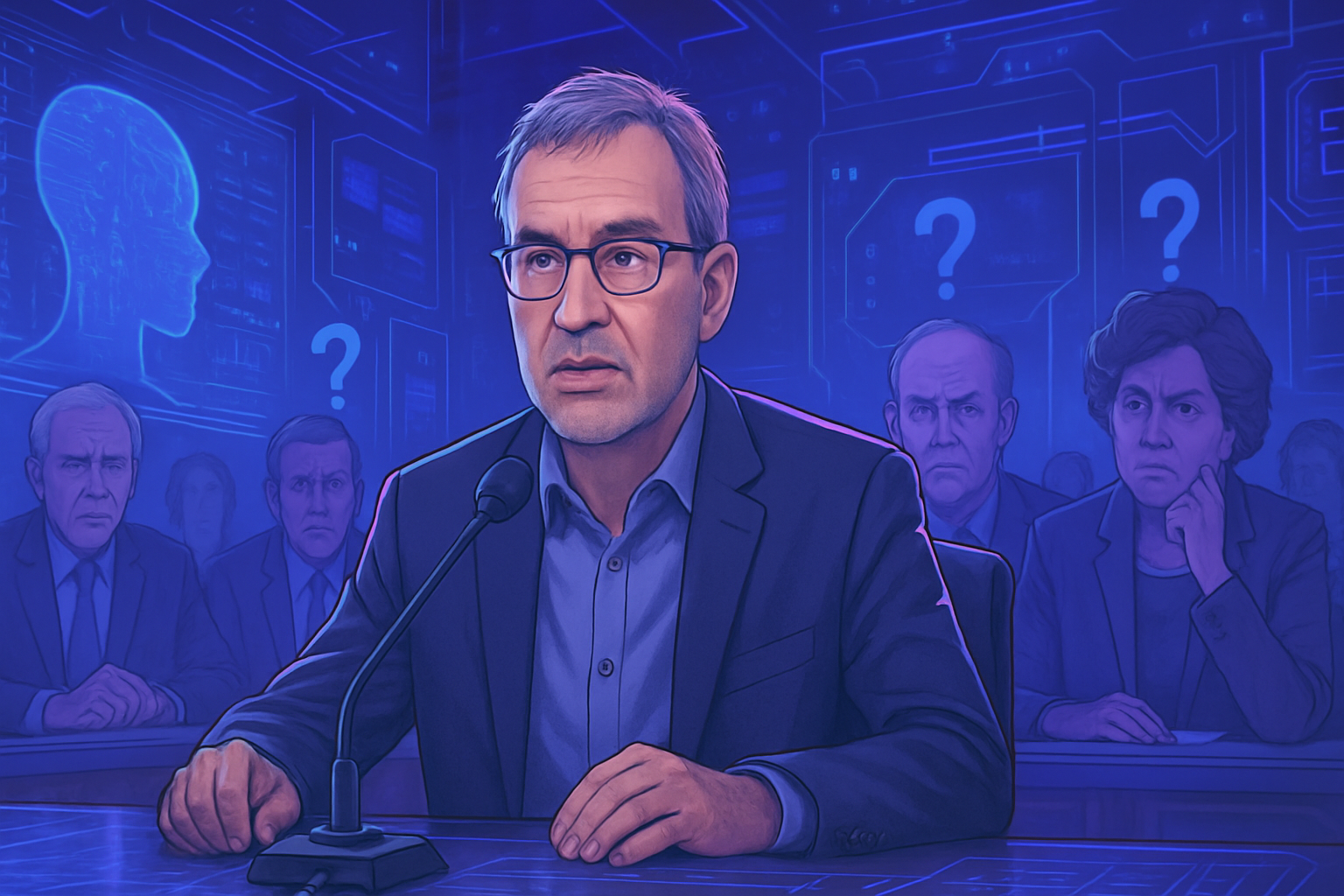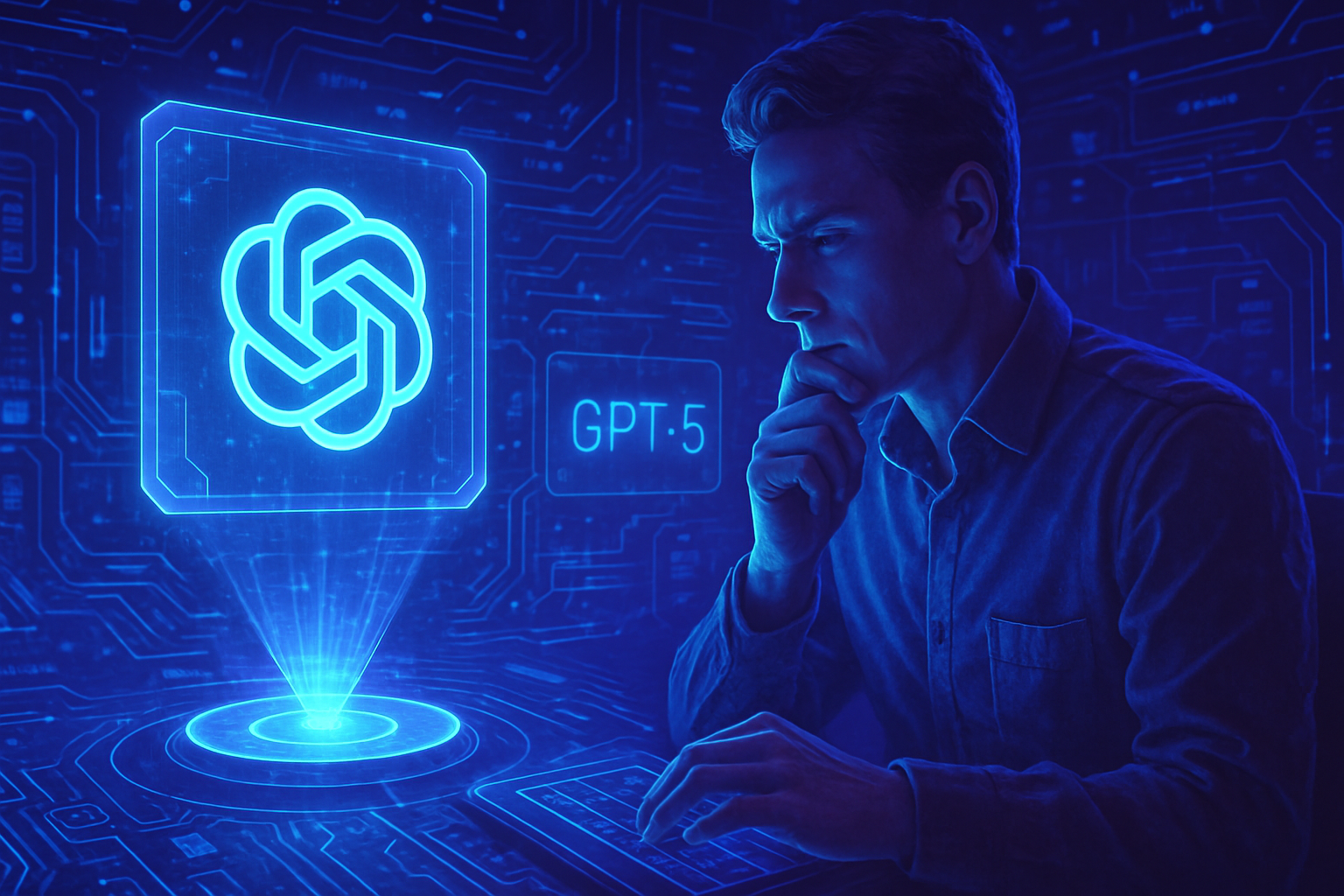OpenAI, a symbol of innovation in artificial intelligence, feels the pressure of increased competition. The recent fundraising of $6.6 billion is just a band-aid in the face of an erosion threat spread by bold rivals. With a valuation reaching $157 billion, OpenAI refuses to wither under the assault of challengers who favor more economical solutions.
Unstable governance casts doubt on its sustainability. Notable departures among the founders exacerbate existing uncertainties. OpenAI must urgently consolidate its technological lead to maintain its supremacy in the market. The battle to dominate generative artificial intelligence has reached its peak, placing OpenAI in a delicate and perilous situation.
OpenAI raises $6.6 billion
OpenAI has recently completed a record fundraising of $6.6 billion, bringing its valuation to $157 billion. This considerable amount may seem like an undeniable asset to maintain its leading position in the field of generative artificial intelligence, but the road ahead promises to be fraught with challenges.
A palpable governance crisis
The last few months have been marked by a governance crisis within OpenAI, a direct consequence of the departure of the company’s co-founders. Once a driver of innovation, OpenAI is perceived by some as a paper tiger, a structure that, despite its resources, seems to waver in the face of internal challenges.
Increased competition in the AI market
Competition in the artificial intelligence sector is strengthening exponentially, with players offering more economical solutions. OpenAI, with its vision of a massive and costly AI, must face rivals like Google and Amazon who struggle to keep up.
The rise of economical alternatives
Companies like Meta and Anthropic are emerging, claiming more accessible and cost-effective approaches in AI development. These companies challenge the necessity of the colossal investments that OpenAI has had to make for its technological advancements. Users are turning to these alternatives, attracted by promises of profitability and simplicity.
Strategies to maintain supremacy
With this growing market apathy and competitive pressure, OpenAI is looking to diversify its partnerships. By closely collaborating with Microsoft, notably through the integration of OpenAI products into the Microsoft suite, the company hopes to combine forces to challenge giants like Google in research.
A fluctuating assessment of technologies
At the same time, generative AI tools are raising increasing questions about their reliability. In creating language models, difficulties have been encountered as they became ever larger. The tendency to produce incorrect answers rather than recognizing their ignorance leads to a loss of consumer trust in these systems.
This dynamic also has repercussions on OpenAI’s valuation. Analyses foresee a loss nearing $5 billion this year while announcing net revenues of $3.7 billion. A situation that raises concerns about the long-term viability of its business model.
Evolving regulations and societal concerns
As the integration of artificial intelligence tools into various media, such as smartphones, becomes widespread, concerns about regulation are intensifying. Authorities are striving to define a regulatory framework to govern the use of these technologies, preventing potential abuses. The threat of unregulated artificial intelligence could lead to disastrous consequences for society.
Overview of technological trends
Technological advancements continue to evolve rapidly, with models like Pyramid Flow, which promise to revolutionize high-resolution video creation. Competition continues to explore various horizons, pushing OpenAI to double its efforts to maintain its market position.
FAQ on OpenAI and competition in artificial intelligence
Who are OpenAI’s main competitors in the field of artificial intelligence?
OpenAI faces increased competition from large tech companies like Google, Meta, and Amazon, who are also developing advanced artificial intelligence solutions.
What challenges must OpenAI overcome to maintain its leadership position?
To keep its dominant position, OpenAI must address governance issues, attract new talent, and respond to the pressure from competitors offering more economical AI options.
How will the fundraising of $6.6 billion influence OpenAI’s future?
This fundraising will allow OpenAI to finance innovative research, improve its AI models, and strengthen its technological infrastructure to further distinguish itself from its competitors.
What are the major concerns related to OpenAI’s generative AI?
Concerns include the risk of unregulated AI, issues related to personal data protection, and the potential for misinformation generated by sophisticated language models.
What role does Microsoft play in OpenAI’s strategy?
Microsoft, as a major investor, provides not only financial support but also cloud infrastructure via Azure, which helps OpenAI develop and deploy its technologies more efficiently.
Why has OpenAI lost several of its co-founders recently?
The departure of some co-founders has been attributed to disagreements over the strategic direction of the company and escalating concerns regarding governance and human resource management.
How does OpenAI’s valuation affect its strategy in the face of competition?
A valuation of $157 billion enhances OpenAI’s credibility and allows it to attract talent and investment, but it also creates high expectations for continued performance.
What innovations is OpenAI exploring to respond to the competition?
OpenAI is exploring new improvements in its AI algorithms, customization capabilities, and data collection to offer more effective and innovative solutions.
How does public perception influence OpenAI’s position in the AI market?
Public perception of the safety, effectiveness, and ethics of OpenAI’s AI plays a crucial role in its adoption. A positive perception can strengthen its position, while criticism can harm its reputation.
What are the regulatory implications for OpenAI in light of AI growth?
OpenAI must navigate a constantly evolving regulatory landscape that imposes increasing restrictions on the use of AI, which could shape its development and marketing strategies.





